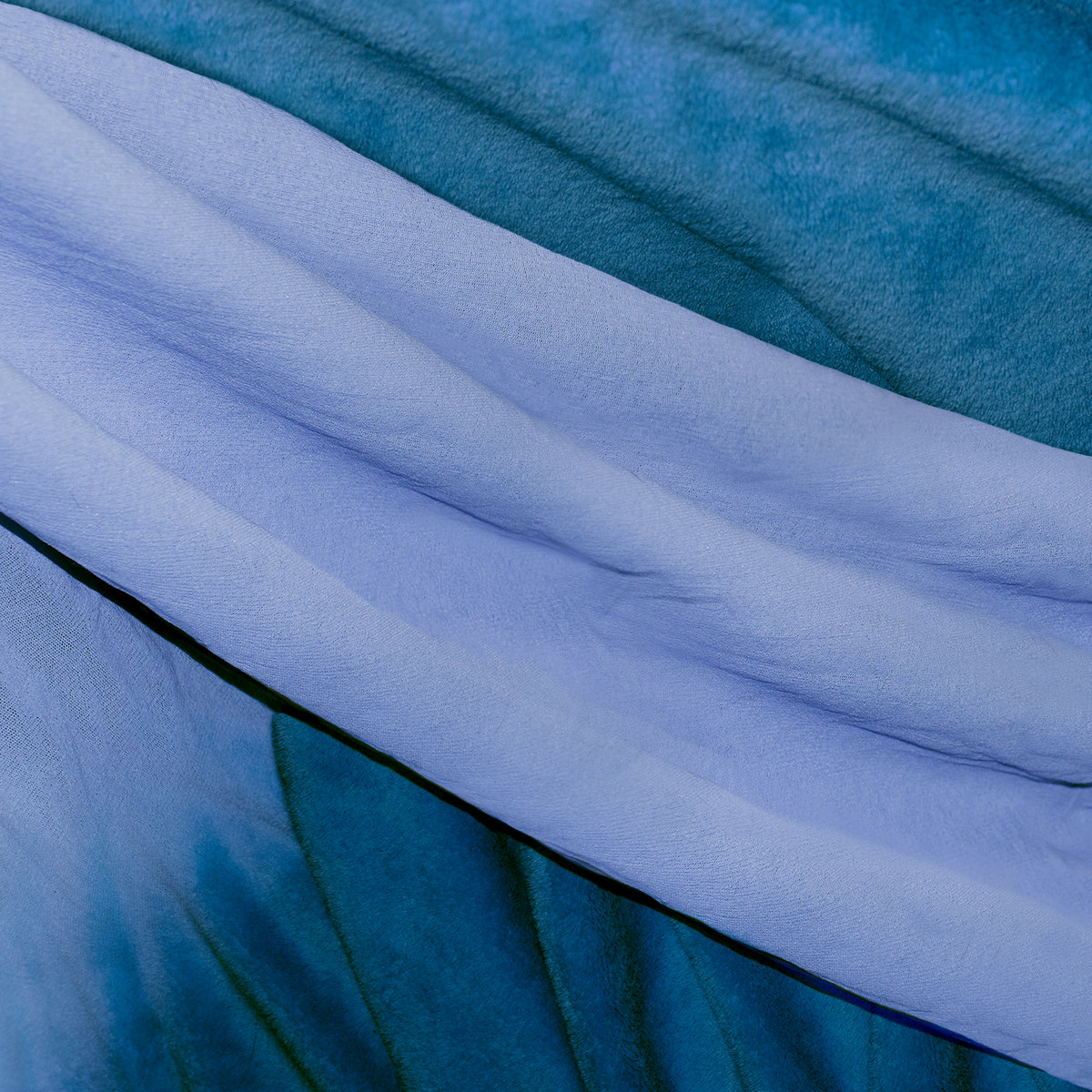Phillipe Roberts
With Cue, Jaunt exploits the EP format to its fullest, sampling caught-from-the-air melodies liberally while exercising tasteful restraint, knowing when each elegant idea has run its course. Tirelessly catchy with an expert ear for the seemingly nonsensical oddball songwriting twist, the band leaves you hanging on every note, riding a constant wave of discovery as each song refuses to wear out its welcome. From top to bottom, ambient outro included, Cue unfolds like a singles collection; a Now That’s What I Call Experimental Pop hit parade with replay value galore.
No matter how you slice it, the dominant mode of Cue, the roots and rhythm of the project, is R&B. Whether it’s the depth of the pocket on “Best Case” or the sultry choral vocals on “Faster Interactions," the Isley Brothers-style shuffle of “Machined” or the detailed backing harmonies of “Intimate Sunset,” Jaunt keep it grounded in the groove, even as they push it into left field. Fans of Hundred Waters or Dirty Projectors will feel right at home here, though the beats on Cue are funkier than anything Longstreth and Co. have put out in more than a few years.
Jaunt’s take on the genre chases melodies into a corner and lets them fight their way out. Ideas rarely loop more than once before mutating into inviting new forms. The penultimate track, “Faster Interactions,” bends its riffs to the breaking point, sometimes abandoning them altogether for stranger pastures. Group vocals jarringly glide down into a lower register before landing on a cushion of electric organ. Video game sounds double up the drum hits in a segue towards a rumbling bass synth outro, a kaleidoscopic whirlwind of rhythm reminiscent of the best of Stereolab on Dots and Loops. It’s truly boggling how many transformations occur, but even more stunning given the track’s three-minute runtime.
These slight runtimes—“Faster Interactions” is the only track to even crack the three-minute ceiling—will have you dragging the dial back again and again. And although none of the songs feel “incomplete” per se, Jaunt’s tendency to French exit just as your mind latches onto the hook will absolutely leave you wanting more, launching you into a bit of an addictive cycle. The almost-title track “Cued” is the record’s main offender, a gorgeous bit of digital vocal riffing dancing atop a hauntingly beautiful layer of swooning cinematic synthesizers. As it floats to a one-minute finish, you can’t help but feel a sense of helplessness at having been teased so perfectly. Putting a picture-perfect slow jam banger intro at the end of a record is malicious, cruel, and utterly brilliant—the kind of move that will have you scrambling to pre-order the next episode.
In the midst of this double-edged generosity, there’s “Intimate Sunset,” perhaps the one track on Cue where Jaunt’s contemporary sensibilities take a back seat to cozy nostalgia. A gentle, '60s-inspired folk tune, the track gives up the misdirection and sticks to wringing every drop of romance out of those chords. It’s a patch of firm ground, tucked between the shifting fault lines and earth-quaking juxtapositions before and after, but it really shows off just how flexible Jaunt are becoming in their stylistic evolution, exposing that their quirky turns aren’t simple ignorance, but calculated leaps away from the intuitive “right” way. Cue is a real treat of a record, a delightful adventure in opening up the senses. Comfort food spiced to perfection.







